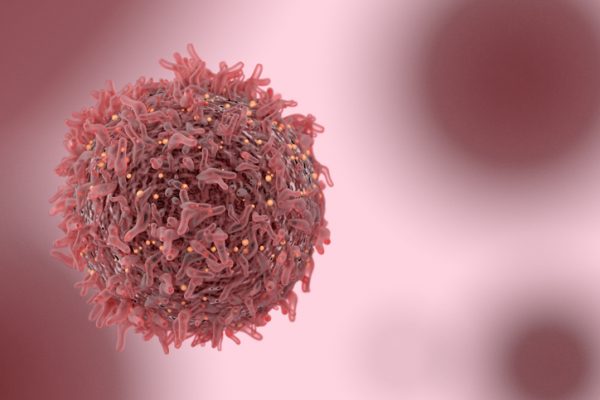
The field of cell therapies with regulatory approvals in oncology may broaden beyond CAR-Ts and blood cancers in the near future, if one company’s endeavors are successful.
San Carlos, California-based Iovance Biotherapeutics said Tuesday that the Food and Drug Administration had stated its ongoing single-arm, Phase II study of LN-145 in cervical cancer may be enough to support regulatory approval, as long as certain protocol amendments are made to better define the patient population. The company also said that the study, innovaTIL-04, would enroll 75-100 patients to support a regulatory submission; the trial’s ClinicalTrials.gov entry currently states its enrollment target is 59 patients.

Behavioral Health, Interoperability and eConsent: Meeting the Demands of CMS Final Rule Compliance
In a webinar on April 16 at 1pm ET, Aneesh Chopra will moderate a discussion with executives from DocuSign, Velatura, and behavioral health providers on eConsent, health information exchange and compliance with the CMS Final Rule on interoperability.
Shares of Iovance were down nearly 5 percent on the Nasdaq Tuesday afternoon, following the news.
“The FDA’s agreement to consider acceptability of the ongoing study in patients with cervical cancer significantly accelerates our path to [Biologics License Application] submission for LN-145,” Iovance CEO Maria Fardis said in a statement, adding that the ability to use the current study would allow for a regulatory submission by the second half of next year.
The drug is a tumor-infiltrating lymphocyte, or TIL therapy. The body forms TILs naturally to attack tumors, but they are short-lived because tumors are able to suppress the immune response and thus evade them. Iovance’s technology involves extracting TILs, expanding them by the billions and then stimulating them in tissue culture with the protein IL-2, while enabling them to eliminate the immune-suppression capabilities of tumors. This stands in contrast with CAR-Ts – particularly Novartis’ Kymriah (tisagenlecleucel) and Gilead Sciences’ Yescarta (axicabtagene ciloleucel) and various investigational products – which are engineered to specifically attack tumor-surface antigens.
Data from innovaTIL-04, presented at the American Society of Clinical Oncology meeting, showed that among 27 patients with recurrent, metastatic or persistent cervical cancer, there was a 44 percent overall response rate and an 85 percent disease control rate. Ten patients had managed to maintain responses after a median 7.4 months’ follow-up, and the median duration of response had not been reached.

A Deep-dive Into Specialty Pharma
A specialty drug is a class of prescription medications used to treat complex, chronic or rare medical conditions. Although this classification was originally intended to define the treatment of rare, also termed “orphan” diseases, affecting fewer than 200,000 people in the US, more recently, specialty drugs have emerged as the cornerstone of treatment for chronic and complex diseases such as cancer, autoimmune conditions, diabetes, hepatitis C, and HIV/AIDS.
Based on the company’s guidance for a BLA submission, along with Fast Track and Breakthrough Therapy designations from the FDA, the ability to use overall response rate data from the Phase II study would potentially allow for approval in the first half of 2021, B. Riley FBR analyst George Zavoico wrote in a note to investors. Given that the reported overall response rate is better than other investigational therapies, the trial should be able to recruit the additional patients quickly, he wrote. The trial currently has 35 sites in the U.S. and Europe.
Photo: CGToolbox, Getty Images












